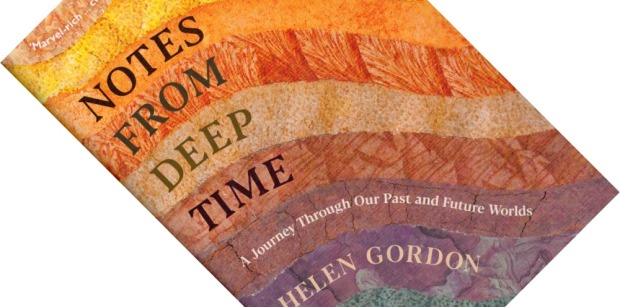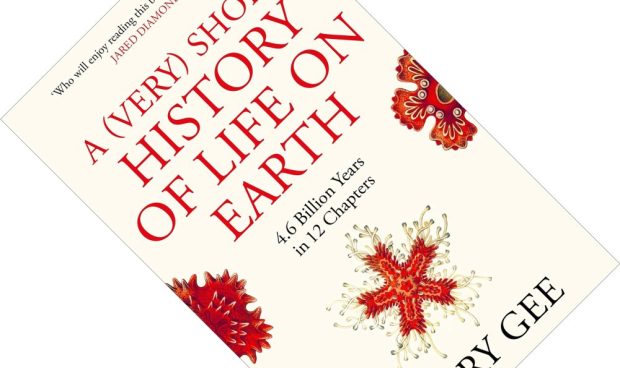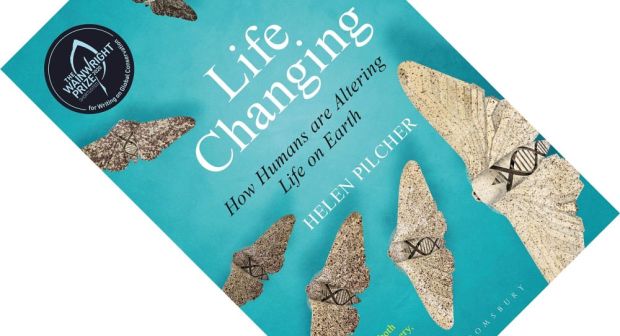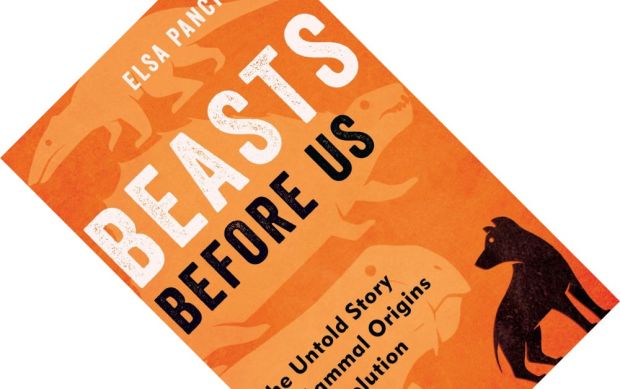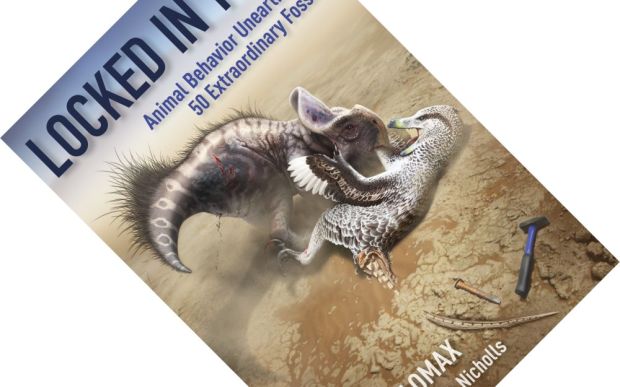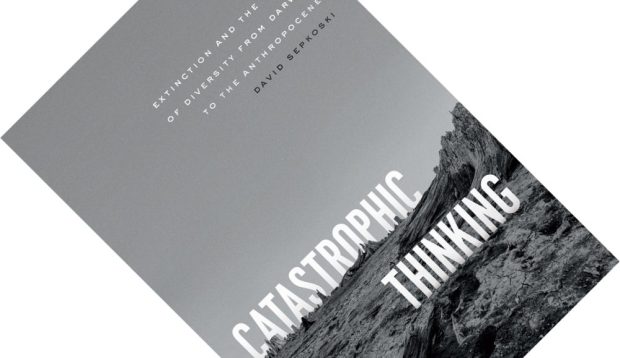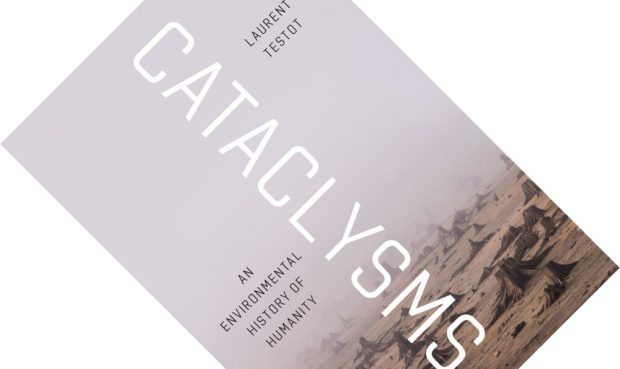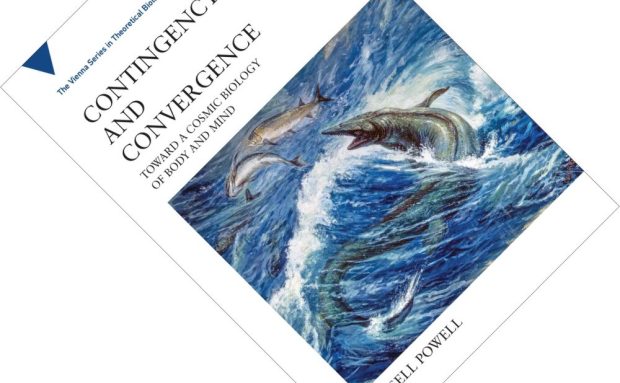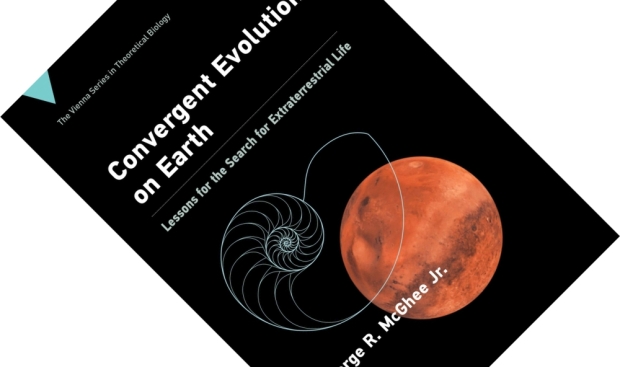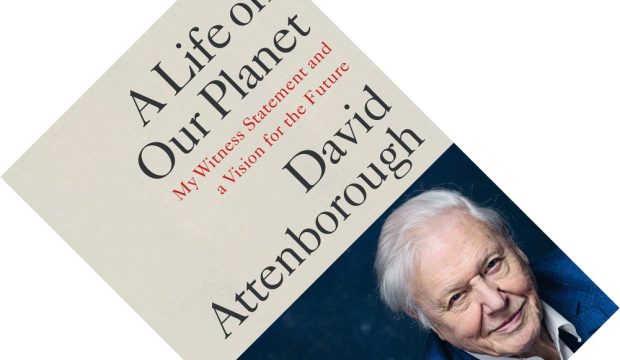6-minute read
keywords: earth sciences
Deep time is, to me, one of the most awe-inspiring concepts to come out of the earth sciences. Getting to grips with the incomprehensibly vast stretches of time over which geological processes play out is not easy. We are, in the words of geologist Marcia Bjornerud, naturally chronophobic. In Notes from Deep Time, author Helen Gordon presents a diverse and fascinating collection of essay-length chapters that give 16 different answers to the question: “What do we talk about when we talk about deep time?” This is one of those books whose title is very appropriate.

